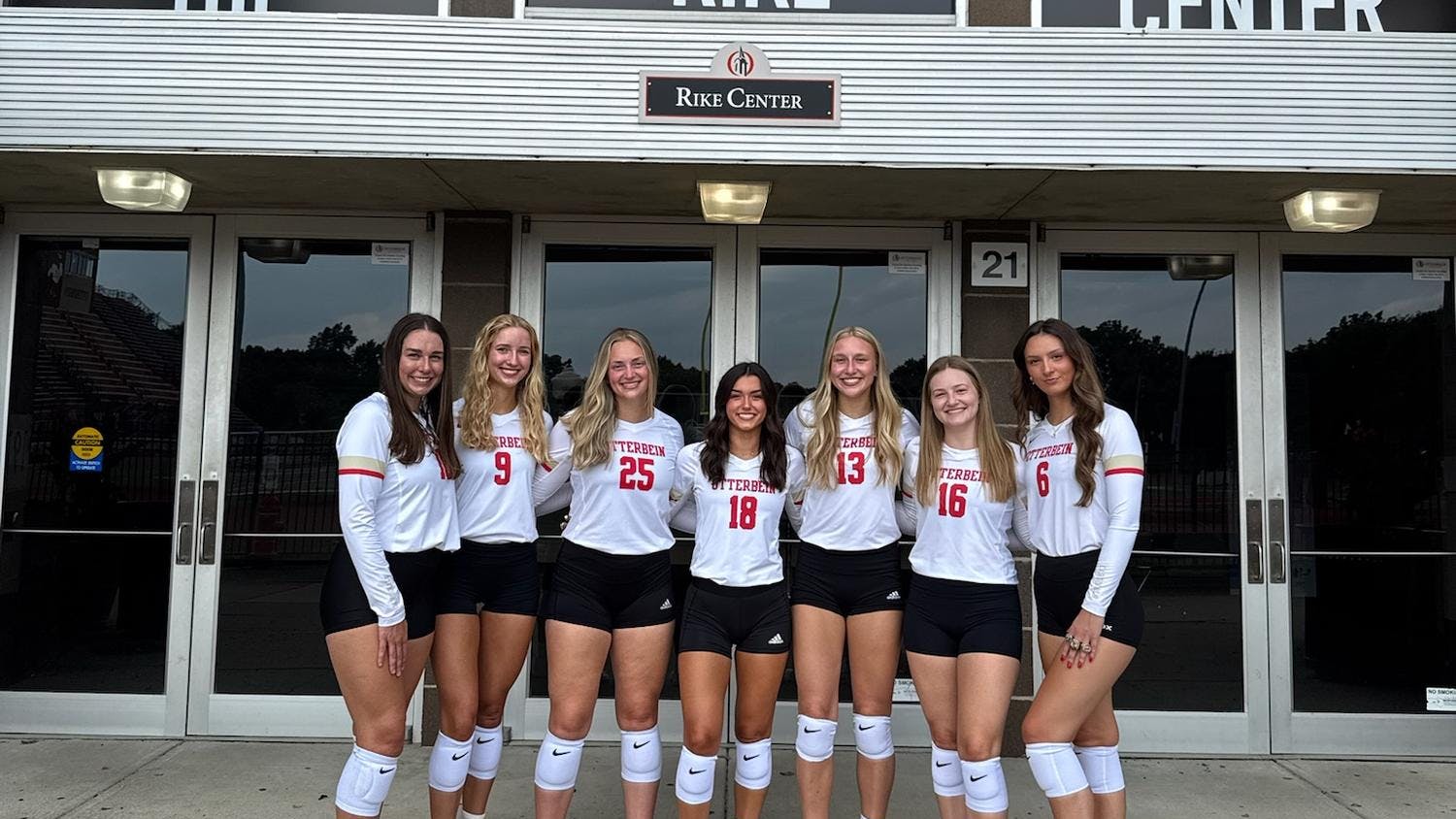"Making up" is a concept that seems to have gotten lost in our society. This is a society where "I'm sorry" is not accepted as sincere enough when it is offered up, and if it is said at all, it's usually not reciprocated with adequate forgiveness.
For instance, how many verbal fights have you had recently that have started off in an exchange of insults, then ended in tantrums and tears? I bet these fights were followed by a few days of silent treatment and therapeutic gossip exchanged between you and other friends. If there was an attempt for a resolution, it may have amounted to nothing more than pretending the altercation never happened in the first place.
If brushing the situation under the rug sounds like how you and your friends deal with drama, then I will have you know that you have not reached an appropriate resolution of any kind. Neither one of you have sought forgiveness or received it. Therefore, the anger and resentment you both may feel still lingers and can resurface at anytime.
In the book "Forgiveness: How to Make Peace with Your Past and Get on with Your Life," Sidney and Suzanne Simon write, "Forgiveness is freeing up and putting to better use the energy once consumed by holding grudges, harboring resentments and nursing unhealed wounds. It is rediscovering the strengths we always had and relocating our limitless capacity to understand and accept other people and ourselves."
When we were six-years-old, our mothers made us say, "I'm sorry" when we pushed our brother and stole the toy we wanted to play with. Then we learned the value of sharing. We also had to make up after fighting with other kids on the playground in school. So, how should the childhood dynamics of 'I'm sorry," "so am I," and then, "I forgive you," translate into our college world?
Catherine Ponder, a non-denominational Unity Faith minister, said on her Web site, "When you hold resentment toward another, you are bound to that person or condition by an emotional link that is stronger than steel. Forgiveness is the only way to dissolve that link and get free."
So, I maintain that with so many things weighing us down, resolution by seeking and granting forgiveness can only bring us to a better place - at least emotionally, on both a personal and societal level.
Remember, as Mahatma Gandhi said, "The weak can never forgive. Forgiveness is the attribute of the strong."







